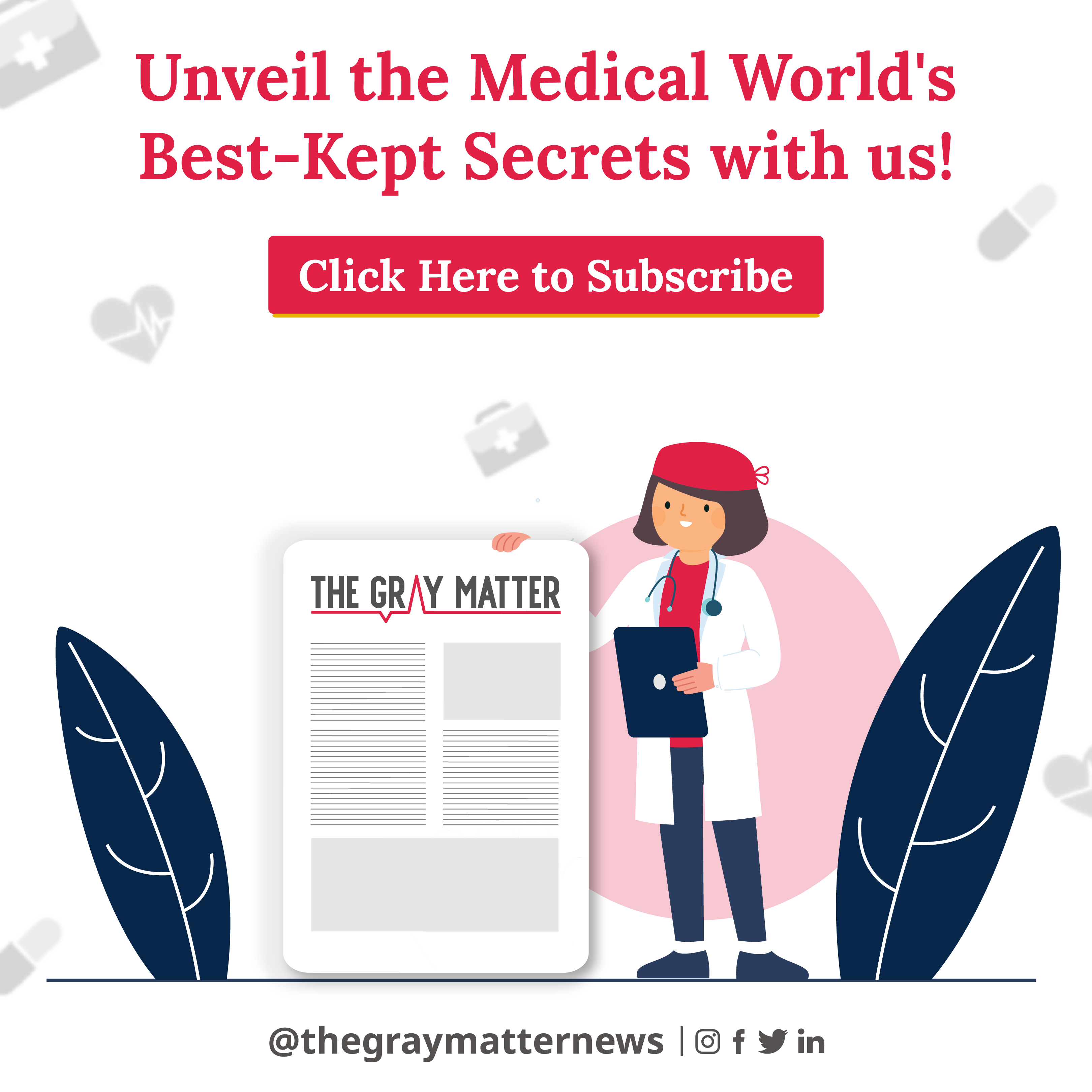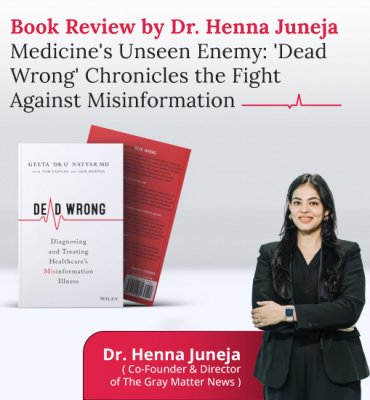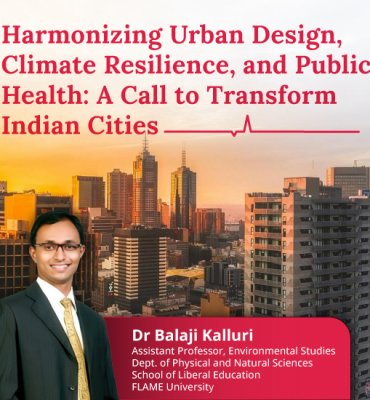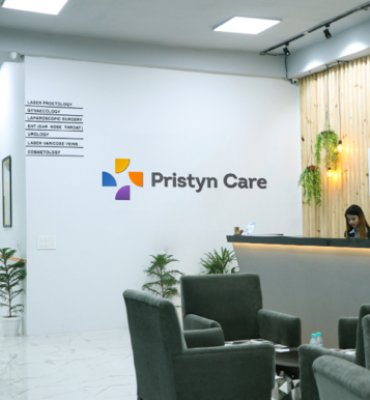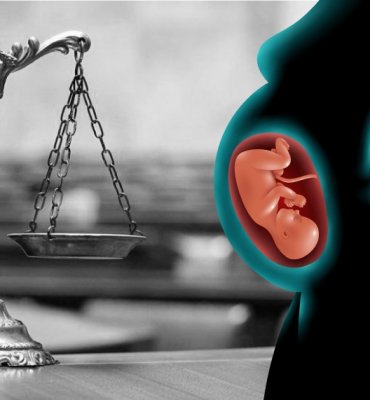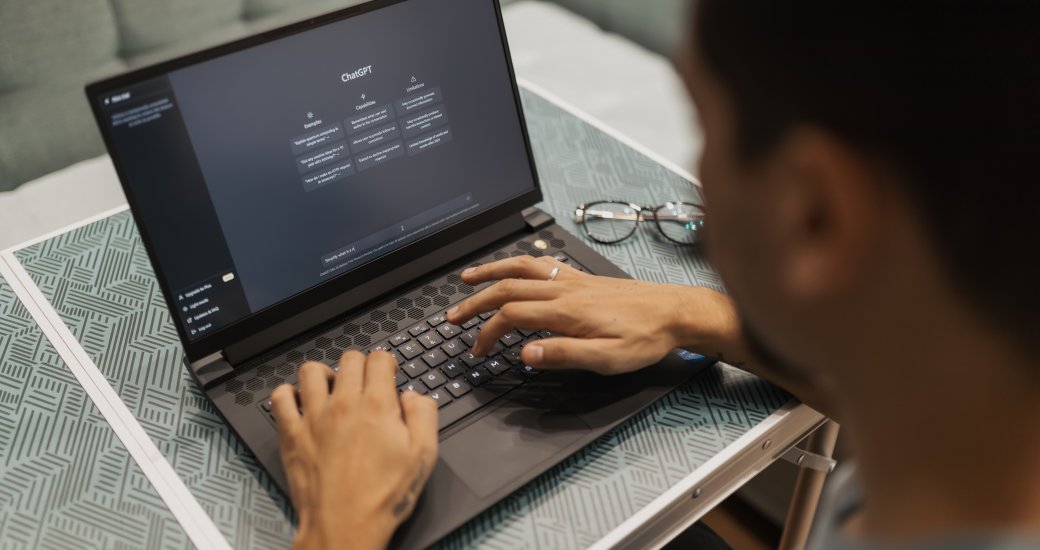
It's important to note that while ChatGPT can be a useful tool, it should not replace professional medical judgment or personalized patient care. Surgeons should always rely on their expertise and consult appropriate medical resources and colleagues when making critical decisions.
Welcome to the future of surgical practice! In an era where time is a precious commodity for busy surgeons, a remarkable tool has emerged to enhance their efficiency, knowledge, and patient care. Meet ChatGPT, the cutting-edge AI assistant revolutionizing how surgeons work. With its ability to retrieve research, provide clinical insights, streamline workflows, and facilitate collaboration, ChatGPT is transforming the surgical landscape, empowering surgeons to excel in their profession like never before. Join us as we explore the incredible possibilities that ChatGPT offers, paving the way for a new era of surgical excellence and improved patient outcomes. ChatGPT can be a valuable tool for busy surgeons in various ways. Here are a few potential use cases:
Research Assistance: Surgeons often need to stay up-to-date with the latest medical research and evidence-based practices. ChatGPT can help by quickly retrieving relevant articles, guidelines, or studies in response to specific queries, saving surgeons time and effort in conducting literature searches.
Clinical Decision Support: In complex or challenging cases, surgeons can use ChatGPT to discuss diagnostic or treatment options. By providing patient information and asking specific questions, surgeons can receive insights, potential differential diagnoses, or treatment recommendations based on existing medical knowledge.
Educational Tool: ChatGPT can serve as an educational resource for surgeons to enhance their knowledge or review specific topics. Surgeons can ask questions about surgical techniques, anatomy, or recent advancements, and ChatGPT can provide explanations or point to relevant educational resources.
Workflow Optimization: Busy surgeons often have limited time for administrative tasks. ChatGPT can assist with administrative duties such as scheduling, appointment reminders, or triaging non-urgent patient inquiries, freeing up time for surgeons to focus on critical patient care.
Collaboration and Consultation: Surgeons may need to consult with colleagues or specialists in different disciplines. ChatGPT can facilitate communication by helping to formulate questions, clarifying information, or providing background knowledge during virtual consultations.
Patient Education: Surgeons can leverage ChatGPT to provide patients with educational information about procedures, pre-operative instructions, or post-operative care. This can help patients better understand their condition and treatment plan, leading to improved patient satisfaction and compliance.
It's important to note that while ChatGPT can be a useful tool, it should not replace professional medical judgment or personalized patient care. Surgeons should always rely on their expertise and consult appropriate medical resources and colleagues when making critical decisions. Surgeons should always exercise caution and critically evaluate the information provided by ChatGPT. Validating information through trusted sources, such as medical literature or consulting with experts in the field, is paramount to ensure accuracy and up-to-date knowledge. By leveraging ChatGPT as a supportive resource alongside rigorous evidence-based practices, surgeons can maximize the benefits while mitigating the potential risks associated with relying solely on AI-generated responses.
